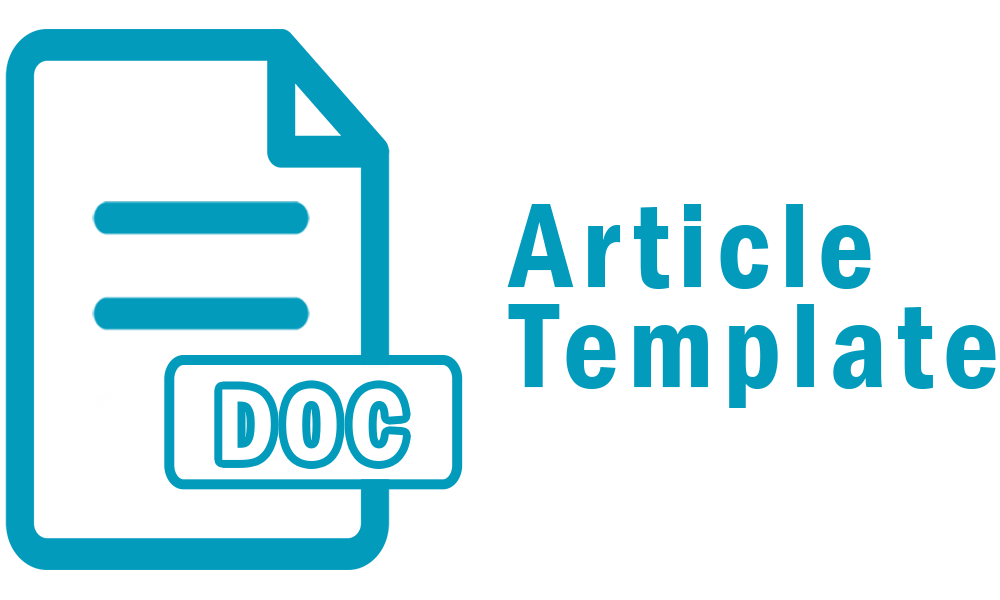Comparative Study: Use of Learning Languages in Mastering Printing Machine Operation Competencies (Case Study of Indonesian and Malaysian Printing Study Programs)
DOI:
https://doi.org/10.46961/kreator.v11i1.1245Keywords:
Comparative, Language, Competency, Printing Machines, EducationAbstract
The development of printing machines has undergone an extraordinary transformation along with advances in technology. One of the biggest advances in printing machine technology is the transition from traditional printing methods to digital printing. The production process becomes faster and more efficient. Today's printing machine technology is equipped with advanced features that improve print quality. Modern machines are equipped with intelligent control systems with operating language and instructions in English, human involvement in the production stage is absolute. This research uses descriptive qualitative analysis methods. The comparative study used two countries, Indonesia and Malaysia. As a result, Malaysian students who use English as the medium of instruction have the ability to understand printing machine operating instructions better than Indonesian students. Operating a printing machine has similar abilities to students from two countries. This study underscores the importance of integrating English into engineering curricula, with recommendations for improving Indonesian students' command of English.
References
Ainul, A. L. H., Ali, N. A. M., & Anwar, R. (2022). Indonesian Printing Industry Profile. Environment- Behaviour Proceedings Journal, 7(SI7), 221-225.
ALI, N. A. M., AZAHARI, M. H., ROSNAN, S. M., & SUMARJAN, N. (2019). The digital printing technologies and survival of the commercial printers in Malaysia printing industry. Journal of Printing Science and Technology, 56(1), 18-23.
Amri, L. H. A., Ali, N. A. M., & Anwar, R. (2022). Critical Analyses of Ecotourism Potential towards Creative Industry Enforcement. International Journal of Academic Research in Business and Social Sciences, 12(10), 3261-3276.
Amri, L. H. A., Basuki, U., & Ruliftiawan, G. (2022). CONTROLLING COLOR CONSISTENCY IN THE PRODUCTION PROCESS OF PACKAGING PRINT. Kreator, 9(1), 61-70.
Amri, L. H. A., Farani, D. B., Ali, N. A. M., & Anwar, R. (2022, December). The Challenges and Strategies of Printing Industry. In Proceedings of the First Jakarta International Conference on Multidisciplinary Studies Towards Creative Industries, JICOMS (Vol. 16, p. 354).
Amri, L. H. A., Puspitasari, D. A. K., Ali, N. A. M., & Anwar, R. (2022, December). Potential, Problems and Strategies of Creative Economy Development: Quadruplehelix Perspective Approach. In Proceedings of the First Jakarta International Conference on Multidisciplinary Studies Towards Creative Industries, JICOMS (Vol. 16, p. 396).
Amri, L. H. A., Sakina, N. A., Ali, N. A. M., & Anwar, R. (2022, December). An Overview of Creative Cities and Ecotourism Development in Jepara District, Indonesia. In IOP Conference Series: Earth and Environmental Science (Vol. 1111, No. 1, p. 012065). IOP Publishing.
Anwar, R., & Raif, D. M. (2022). Designing Product Gestalt: Semiotic and semantic influences of ablution development. Environment-Behaviour Proceedings Journal, 7(SI9), 169-176.
Azlan, A., Anwar, R., & Zainol, A. S. (2015). A hypothetical methodology of transferring graduates’ knowledge through ceramic art entrepreneurship. InProceedings of the International Symposium on Research of Arts, Design and Humanities (ISRADH 2014) (pp. 133-139). Springer Singapore.
Maduwinarti, A., & Taali, M. (2023). Business Governance and Collaboration in Village-Owned Enterprises (BUMDes) in Efforts to Improve Market Performance in The Madiun Residential. International Journal of Social and Management Studies, 4(2), 163-172.
Mahendra, I. A., Maruta, I. A., & Maduwinarti, A. (2023). Customer Relationship Management and Utilization of Digital Marketing Media as a Strategy for Increasing the Marketing Performance of MSMEs (Micro, Small and Medium Enterprises).Literaksi: Jurnal Manajemen Pendidikan, 1(01), 103-114.
Rahmat, N. B., Mohammed Ali, N. A., Kamaruzaman, M. F., Mohd Rosnan, S., & Sumarjan, N. (2022). The Digital Printing Technology Exploration in Commercial Printing Companies. KUPAS SENI, 10(1), 34–41.
Subkhan, M. F., Maruta, I. A., & Mahendra, I. A. (2023). Quality of Service on Road User Satisfaction: Study on Surabaya-Malang Toll Road Customers. International Journal of Social and Management Studies, 4(2), 186-195.
Sugiyono. (2011). Metodologi penelitian kuantitatif kualitatif dan R&D. Alfabeta
Taali, M., Darmawan, A., & Maduwinarti, A. (2023). Evaluation of Independent Learning Curriculum Policies Implemented in Natural Schools in Indonesia. International Journal of Social and
Management Studies, 4(3), 117-127.
Downloads
Published
How to Cite
Issue
Section
Citation Check
License
Authors who publish with Kreator agree to the following terms:
- For all articles published in the Kreator, copyright is retained by the authors. Authors give permission to the publisher to announce the work with conditions. When the manuscript is accepted for publication, the authors agree to the automatic transfer of non-exclusive publishing rights to the publisher.
- Authors retain copyright and grant the journal right of first publication with the work simultaneously licensed under a Creative Commons Attribution-ShareAlike 4.0 International License that allows others to share the work with an acknowledgment of the work's authorship and initial publication in this journal.
- Authors are able to enter into separate, additional contractual arrangements for the non-exclusive distribution of the journal's published version of the work (e.g., post it to an institutional repository or publish it in a book), with an acknowledgment of its initial publication in this journal.
- Authors are permitted and encouraged to post their work online (e.g., in institutional repositories or on their website) prior to and during the submission process, as it can lead to productive exchanges, as well as earlier and greater citation of published work (See The Effect of Open Access).











